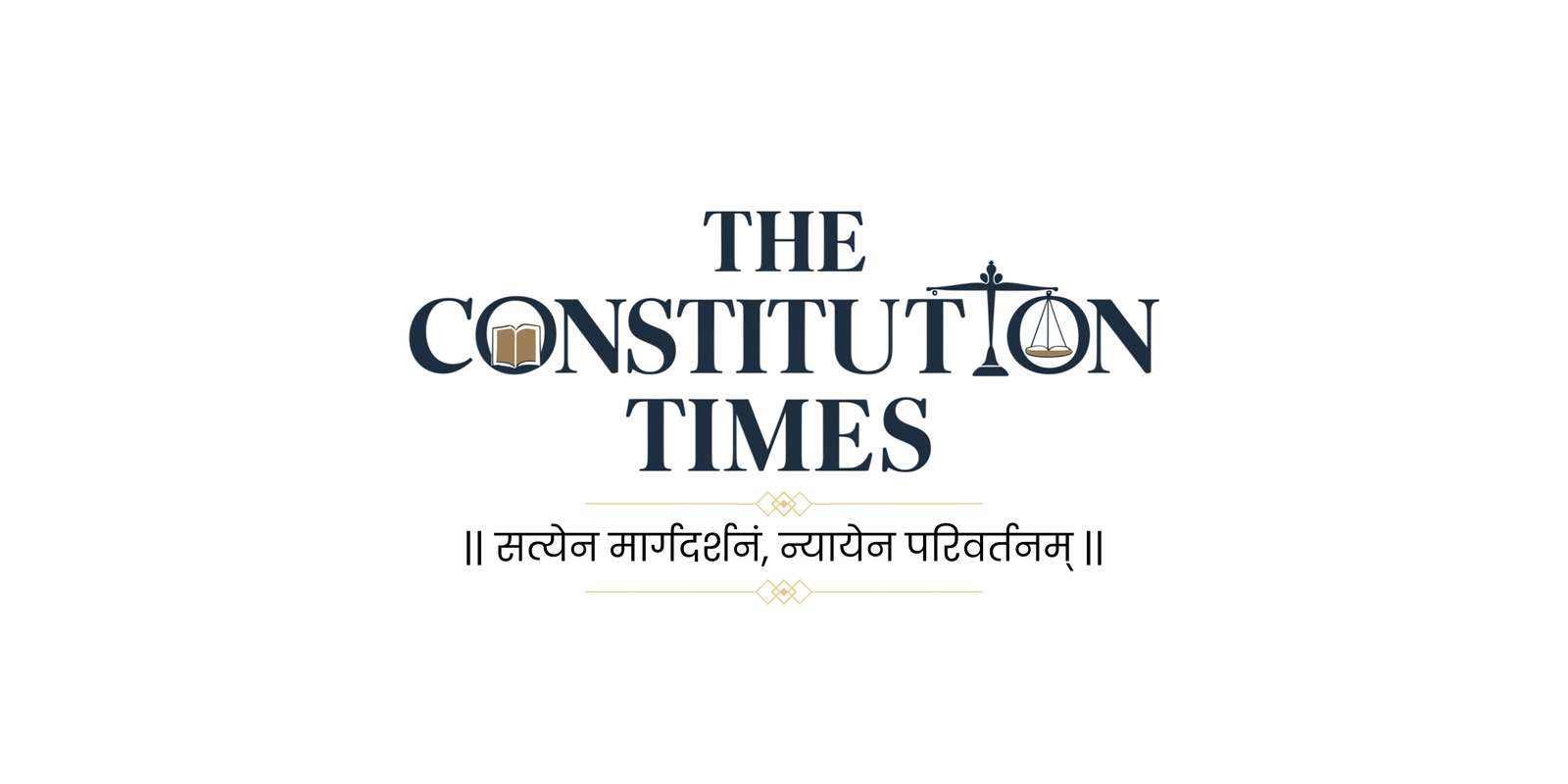The Waqf (Amendment) Bill, 2025, has triggered a national debate, mainly because Section 40 has been eliminated — a provision that gave Waqf Boards sweeping powers to declare any property as waqf. The amendment has been hailed by property rights activists, but opposed by some minority leaders and political parties, who view it as an intrusion into religious administration.
Let’s analyze what Section 40 was, how it became so controversial, and why its abolition was called for by the Indian government.
What Was Section 40 of the Waqf Act?
Section 40 of the Waqf Act, 1995, allowed Waqf Boards to initiate proceedings for declaration of any property as waqf property, either originally registered or not. Having been satisfied that a particular land, building, or place had waqf features or was utilized for waqf purposes, the board could go ahead and take measures to lawfully declare it as waqf. Importantly, the burden of proof rested with the owner of the property to oppose this categorization.
This provision did not involve any requirement of pre-notification to the owner prior to the Waqf Board’s proceedings, and this led to charges of arbitrary action and denial of due process.
Why Was Section 40 Considered Problematic?
1. Unilateral Power Without Judicial Oversight
Critics of Section 40 argued that it handed Waqf Boards quasi-judicial powers without adequate safeguards. Once a board decided that a property was waqf, the declaration stood unless overturned by a tribunal — which often meant years of legal struggle for the original property owners.
2. Encroachment on Private Property Rights
There were many high-profile cases where landowners were served notices stating that their land was being claimed by the Waqf Board, despite having legal land titles, registration, and documentation going back decades.
One such case occurred in Vadodara, Gujarat, where the Waqf Board reportedly claimed a 100-year-old Hindu crematorium ground as waqf land, sparking outrage from local residents and political parties. In another instance in Tamil Nadu, a college campus was partially claimed as waqf land even though it was government-owned.
These examples showcased how the provision could be used aggressively in areas with little historical connection to Islamic endowments, further stoking public anxiety.
3. Communal and Political Tensions
In multi-religious and high-stakes real estate regions, especially in urban areas, declarations of waqf land under Section 40 often trigger communal tension. Hindu, Sikh, and even Christian organizations raised concerns about Waqf Boards extending control over lands not traditionally under Islamic religious use.
Government’s Justification for the Removal
The central government justified the deletion of Section 40 as a move to uphold the constitutional right to property (Article 300A) and prevent legal misuse. According to the Press Information Bureau, Section 40 led to “unnecessary litigations and communal disharmony” due to frequent and sometimes questionable declarations of waqf land.
Officials stated that:
“No individual, authority, or board should have the right to claim property without legal recourse, especially when it infringes on private ownership and fundamental rights.”
The removal of Section 40 is also seen as an attempt to bring more transparency and fairness into property classifications. Any future declarations of waqf land now require clear historical documentation, legal scrutiny, and the opportunity for public objection.
Opposition and Legal Concerns
Despite government claims, opposition parties like the DMK, AIMIM, and Congress have voiced strong objections. Tamil Nadu Chief Minister M.K. Stalin accused the Centre of infringing on Article 26 of the Indian Constitution, which protects the right of religious denominations to manage their own affairs. He argued that removing Section 40 could be seen as state interference in religious property matters.
Several petitions have also been filed in the Supreme Court, questioning the constitutionality of the amendment and whether it undermines the autonomy of Waqf institutions.
What Happens Now?
If the Supreme Court confirms the revocation of Section 40, then it could establish a crucial precedent checking the arbitrary power of religious boards of all faiths. This move could lead to further scrutiny of the classification and regulation of religious properties, i.e., temples, churches, and gurudwaras, in India.
Conversely, should the Court decide to strike it down, it may incite a new legislative review and rekindle the debate surrounding religious freedoms in contrast to property rights.

